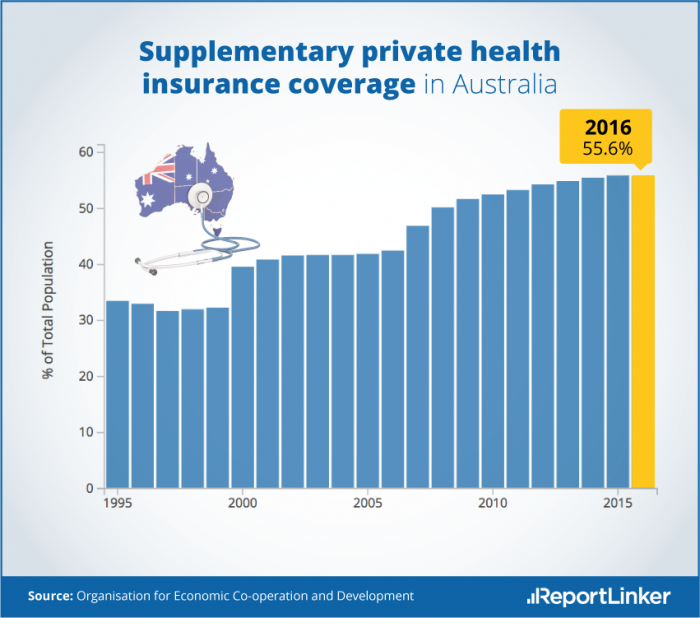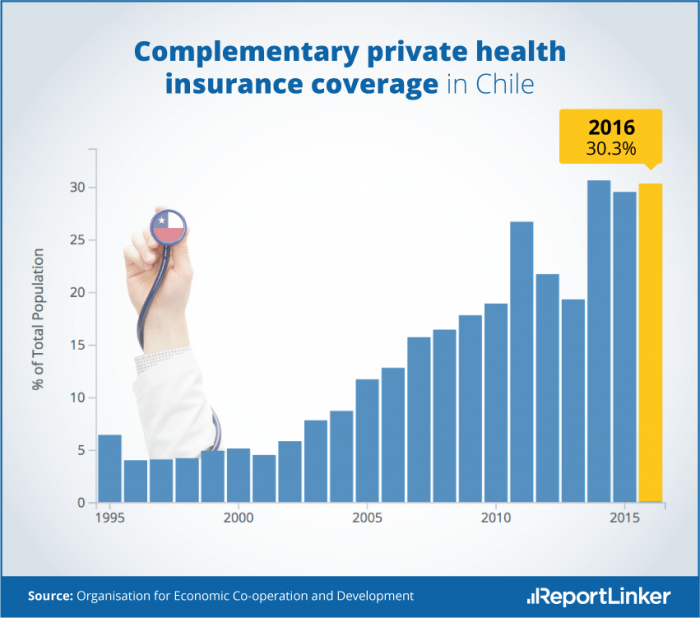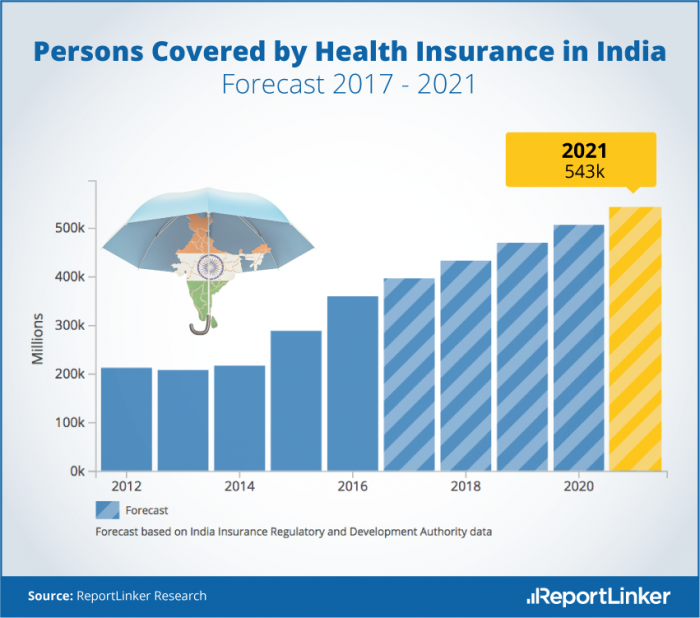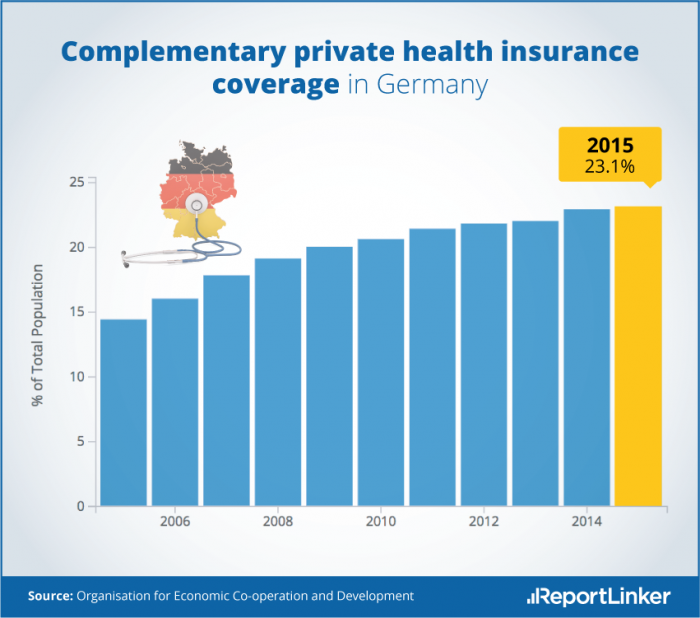According to the World Health Organisation, healthcare or “universal healthcare coverage” is a global priority. In developing countries, access to universal healthcare is deemed “urgent”, while in developed nations, governments focus on increasing access to additional private healthcare coverage to supplement government-run universal coverage. Reportlinker reveals country statistics to help understand these variations.
For instance, in France there is universal healthcare coverage doled out by the government to all citizens which reimburses them for 70% of all their incurred medical costs. In addition to this coverage, the French government has made it mandatory that employers provide additional, privately-run healthcare coverage to all of their employees, with the employees paying about one-half of the premiums for it each month.
ReportLinker has uncovered much data illustrating the advancement of private healthcare coverage that supplements government-run universal coverage in various places around the globe. In Australia, for instance, there is supplementary private coverage for 55% of citizens, a high coverage rate that rose dramatically across the past 10 years.
In Finland, the percentage is 15.4, having trended upward every year from 2009 through 2015. In Chile, the private coverage percentage is 30.3 as of 2016 after two huge upward spikes in 2011 and 2014.
For an example of how healthcare coverage, government-run and privately owned, is trending upward in developing nations, we can look to India. In this rapidly developing, large nation, the number of citizens with healthcare coverage has risen strongly and steadily since 2014 and is forecasted to continue trending like this through 2021. However, while most healthcare coverage in India is universal, the quality of that healthcare can vary dramatically between different states and between urban versus rural areas.
But in the world’s largest economy, the United States, supplementary private healthcare coverage is very small, owned by less than eight percent of citizens. Since 2006, that percentage has fallen just about as often as it has risen year to year, and when it has risen it has risen only slightly. In Germany, the percentage for privately owned supplemental coverage has risen steadily every year since 2006 and as of 2015 was at 23.1% of German citizens.
Germany was ranked number 10 in the world on a list of the 16 nations with the “best” healthcare coverage on the planet. The United States? It didn’t make the list at all, while its northern neighbor, Canada, was on there at number 16.
But, there are critics who find lists such as that one unfounded, possibly even dangerous.
For instance, first-generation American and essayist Mahdi Barakat, who has been a consultant in the medical device industry, writes that the numbers tell us if the United States were to implement a Canadian/European type of healthcare coverage program (which the American political Left is forever calling for), over 100,000 more Americans would be killed each year compared to now. And Swedish essayist and economist Klaus Bernpaintner, who moved to the United States 2012, has written that Sweden’s government-implemented healthcare coverage system has been a disaster in every way. Sweden made the “best healthcare coverage” list at number six.
The post Healthcare Coverage and Global Priorities appeared first on Home Business Magazine.
from Home Business Magazine https://ift.tt/2uDEmdw




No comments:
Post a Comment